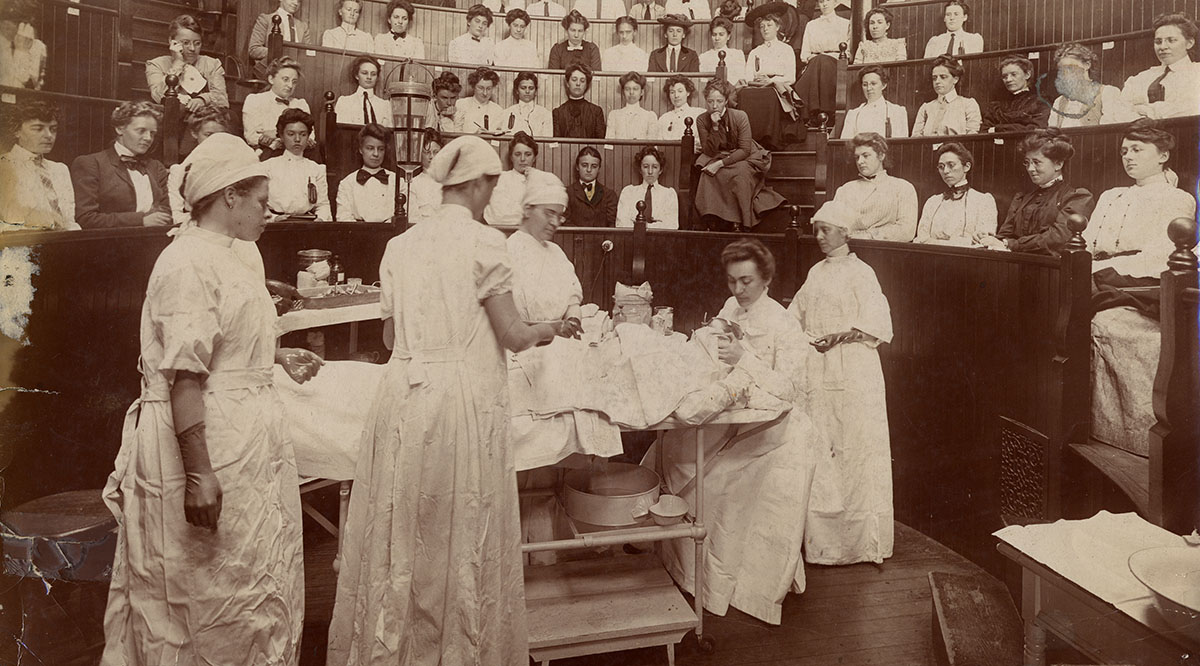
FAQ About Women in the History of Medicine
Women in the History of Medicine
2 years ago | gizem
How did the feminist movement of the 1960s and 1970s influence women in medicine?
The feminist movement of the 1960s and 1970s had a profound and lasting impact on women in medicine. This social and political movement, which advocated for gender equality and women's rights, brought about significant changes in the medical field, affecting women's roles, opportunities, and experiences. Here are some ways in which the feminist movement influenced women in medicine during this period:
- Increased Representation: The feminist movement helped pave the way for more women to enter medical schools and pursue careers in medicine. Advocacy for equal opportunities in education and the workforce led to a gradual increase in the number of female medical students and practitioners.
- Challenges to Gender Discrimination: Feminist activists within the medical profession and academia challenged gender discrimination and bias. They pushed for greater recognition of women's capabilities in medicine and demanded fair treatment in medical training and practice.
- Advocacy for Women's Health: The feminist movement placed a strong emphasis on women's health issues and reproductive rights. This advocacy led to increased attention to women's healthcare needs within the medical community and the development of specialized services.
- Research and Clinical Guidelines: Feminist advocacy contributed to the inclusion of women in clinical trials and research studies, ensuring that medical knowledge and guidelines were based on the experiences of both genders. This led to improved healthcare practices and treatments for women.
- Work-Life Balance: The feminist movement encouraged discussions about work-life balance and the challenges faced by women in medicine who balanced demanding careers with family responsibilities. These discussions prompted changes in workplace policies and support systems.
- Leadership Opportunities: Women's rights activism contributed to the recognition of women's leadership potential in medicine. This led to the appointment of more women to leadership positions within healthcare institutions and medical organizations.
- Reproductive Rights and Access to Contraception: The feminist movement's focus on reproductive rights and access to contraception had implications for women's health and family planning, with medical professionals becoming more involved in these areas.
- Cultural Attitudes and Gender Roles: Changing cultural attitudes and evolving gender roles influenced perceptions of women in medicine. The feminist movement challenged traditional gender norms and expanded the range of roles and specialties available to women in the medical field.
- Support Networks: The feminist movement encouraged the formation of support networks for women in medicine, providing mentorship, advocacy, and opportunities for career advancement.
- Continued Advocacy: While the feminist movement of the 1960s and 1970s brought about significant changes, the advocacy for gender equality and women's rights in medicine continued beyond this period, driving further progress.
